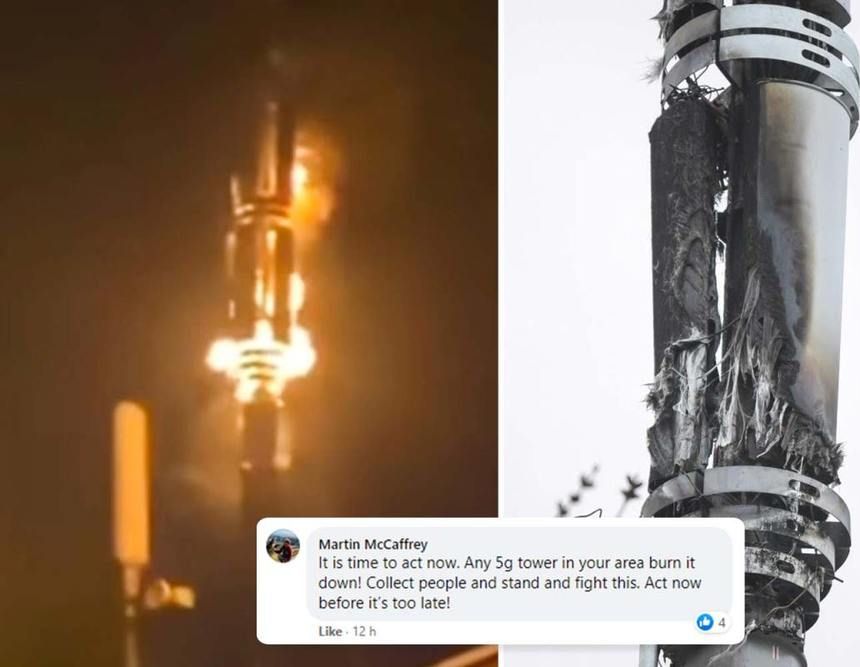Researchers at the University of North Carolina at Chapel Hill made a one-way street for electrons that may unlock the ability for devices to process ultra-high-speed wireless data and simultaneously harvest energy for power. The researchers did this by shaping silicon on a microscopic scale to create a funnel, or “ratchet,” for electrons.
This method overcomes the speed limitations of prior technologies by removing interfaces that tend to slow down devices.” This work is exciting because it could enable a future where things like low-power smartwatches are wirelessly charged from the data they already receive without ever needing to a leave a person’s wrist,” said James Custer Jr., a doctoral student in UNC-Chapel Hill’s College of Arts & Sciences.
The findings were published April 10 in the journal Science. Custer is lead author. He worked with collaborators at Duke and Vanderbilt universities.









